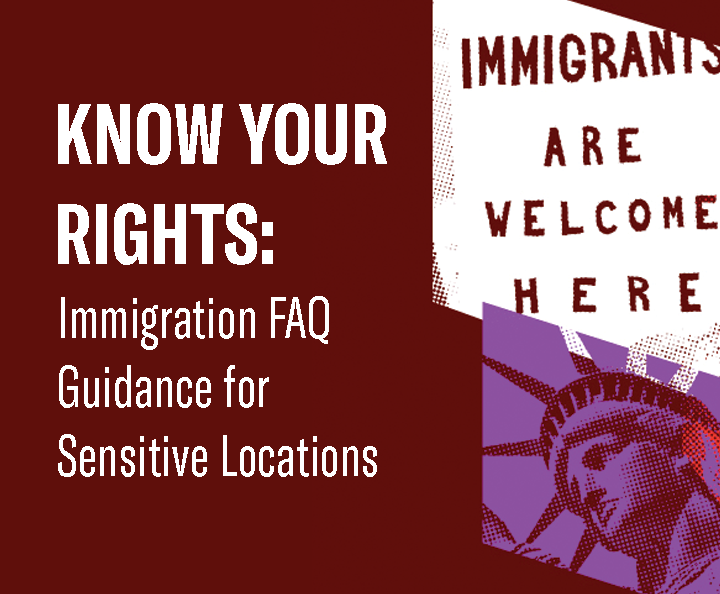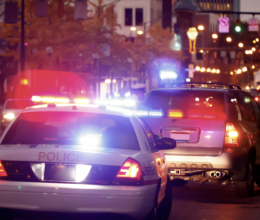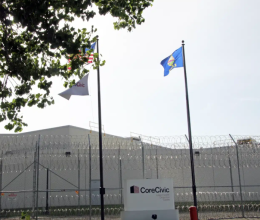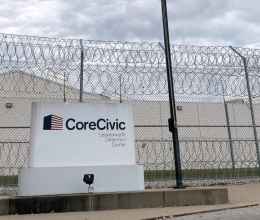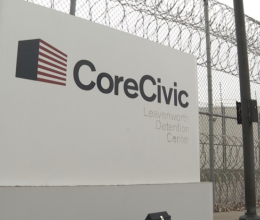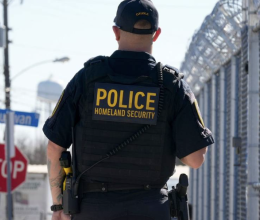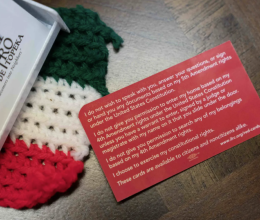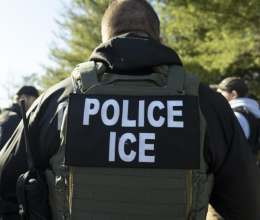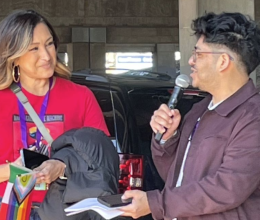
Click here for our Checklist on What to do if ICE Agents Arrive at Our Place of Worship
In 2011, the U.S. Department of Homeland Security (DHS) issued guidance on immigration enforcement in certain “sensitive” locations, such as schools, hospitals, and places of worship. In 2021, the Biden Administration expanded the guidance to include courthouses and a broad range of places where children and other vulnerable individuals may gather. On January 21, 2025, DHS issued a directive to rescind these guidelines.
It is important to note that while previous policy provided guidance to U.S. Customs and Immigration Enforcement (ICE) and Customs and Border Protection (CBP) officials on how they should conduct enforcement actions at “sensitive” locations, it did not preclude them from conducting these actions. This is why we saw enforcement actions at certain “sensitive” locations during the first Trump term.
Fortunately, the same constitutional rights apply when it comes to immigration enforcement and there are laws in place that afford additional protections depending on the location. Below are key rights that apply to all sensitive locations. Additional information on applications to schools, health centers, and places of worship are included in the guidance documents in the next section.
Sensitive locations can prevent immigration officials from entering private space if they don’t have a judicial warrant. Thus, it is strongly recommended that these locations identify and distinguish (ideally with legal advice) their private spaces from their public ones. This can be done by placing signs identifying private areas, or by placing security guards tasked with signing in visitors at main entrances.
Immigration agents may arrest people outside or near a sensitive location. If there are ICE agents outside or near your establishment, you can send a designated, well-trained staff member outside to ascertain the identity of the individuals. If they are able to confirm that they are immigration agents, that person can reenter the sensitive location and remind people of their rights or prepare should the agents attempt to gain entry.
Immigration agents cannot enter any private space without a judicial warrant, which is signed and issued by a judge. This is different than an administrative warrant, which is a document signed by an ICE agent. A church, school, hospital, or other location can deny immigration officers access to private areas in the absence of a judicial warrant. If immigration authorities or other law enforcement officials present a warrant or other court order, the authorized person—a predesignated staff member—should review the warrant to ensure that:
- it is a valid judicial warrant;
- it is signed by a judge or magistrate judge;
- it states the address of the specific premises to be searched;
- it is being executed during the time period specified on the warrant.
Finally, individual constitutional rights when it comes to immigration enforcement and interactions with law enforcement still apply in most locations.
SCHOOLS:
Are schools required to enforce immigration laws?
- No. Schools are not required and cannot be forced to enforce immigration laws.
What protections are in place for immigrant students and their families?
- Public schools are prohibited from: asking students or their parents about their immigration status for the purposes of enrollment; revealing a student’s or their parent’s immigration status without their permission; and, requiring social security numbers from students.
- Schools are prohibited from sharing a student’s or their family’s private information contained in education records without the written consent of a parent, guardian, or the student (if over 18 years old). Exceptions include if the information is considered directory information or if a valid judicial order or subpoena is presented.
Does the Family Education Rights and Privacy Act of 1974 (FERPA) exception related to law enforcement with a valid judicial warrant allow ICE agents to obtain personal information?
- Yes, but the court order or judicial warrant should be elevated to the school superintendent and validated by the school’s district attorney. No action should be taken until these steps are taken.
- If personal information must be shared because of this exception, affected family must be alerted unless the order or warrant explicitly states that you may not.
What rights do students have?
- All students, regardless of their immigration status, have the right to enroll in and attend a public K-12 school.
- A child also has the right against self-incrimination and may not be required to provide any information that would establish his or her residency status.
Are schools public places and how does this impact immigration enforcement?
- Generally, schools are not considered public places and limitations are in place on who may enter. Schools can prevent immigration officials from entering private space if they don’t have a judicial warrant.
- Thus, it is strongly recommended that schools identify and distinguish (ideally with legal advice) their private spaces from their public ones, if any. This can be done by placing signs identifying private areas, or by placing security guards tasked with signing in visitors at main entrances.
Can an immigration official question or remove a student from school?
- Schools should not permit an immigration official to question or remove a student from school without the consent of a parent or guardian in the absence of a valid judicial warrant.
- A valid judicial warrant is signed and issued by a judge and should be reviewed by the district attorney. This is different than an administrative warrant, which is a document signed by an ICE agent.
What if a judicial warrant is presented?
- The Superintendent should consult with the school district’s attorney before taking any action.
Can immigration officials be stationed outside or near a school?
- Yes, ICE can be stationed outside of a school. If there are ICE agents outside or near your establishment, you can send a designated, well-trained staff member outside to ascertain the identity of the individuals.
- If they are able to confirm that they are immigration agents, that person can reenter the school and remind people of their rights or prepare should the agents attempt to gain entry.
Can school personnel who are aware of the undocumented status of a student or family assist the student to avoid detection?
- No, it may be a crime to take affirmative and active steps to conceal, harbor, or shield from detection an undocumented person, with knowledge of or reckless disregard for that persona’s undocumented states.
- However, school personnel are not obligated to report an undocumented student or family member to ICE, or to assist ICE in apprehending that student, and have the common law responsibility to care for children in place of their parents while children are at school. The relevant laws governing schools and students give the school the authority and the obligation to protect undocumented students, including from ICE.

